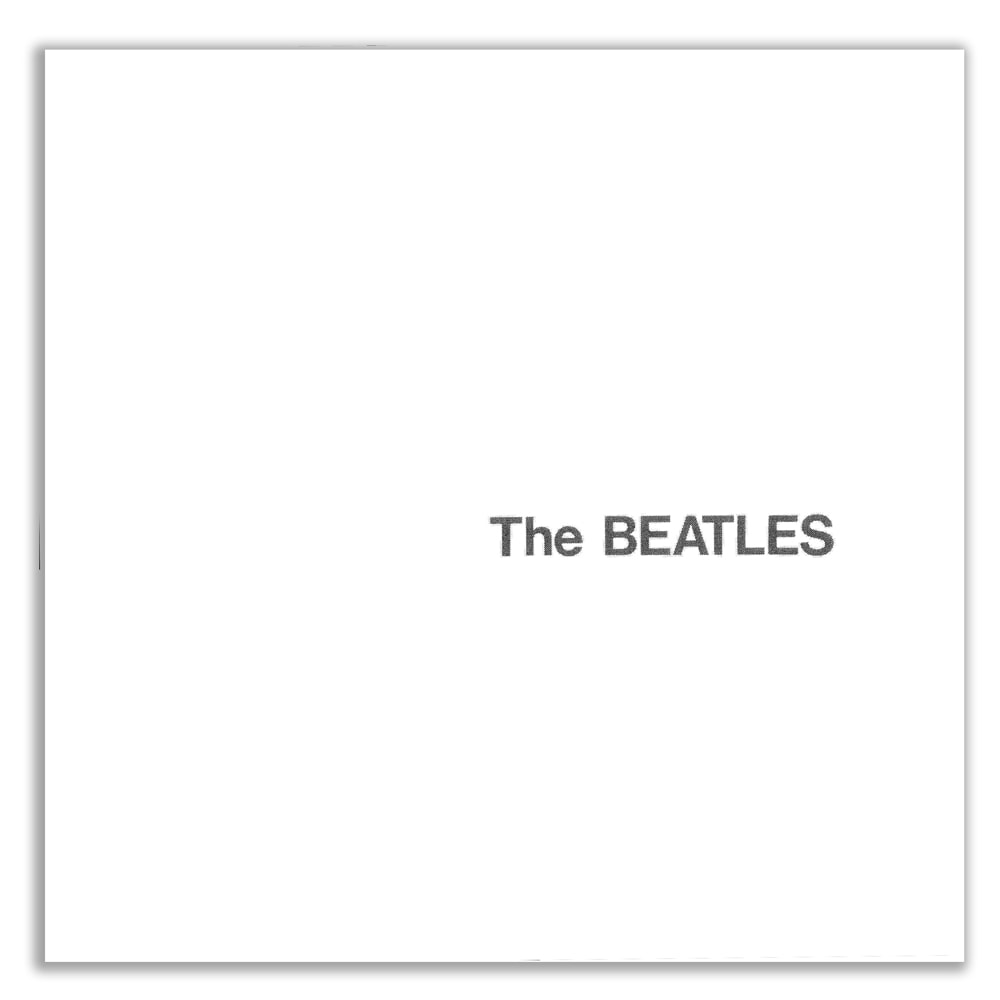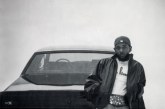
Fab Four’s most criticized work has aged well over time
By Ken Lay
One of the most original and creative yet hotly debated albums in modern music turned 50 years old on Thanksgiving Day of this year.
Coinciding with the fifth anniversary of John F. Kennedy’s assassination, the Beatles’ self-titled record, better known as the “White Album,” was released on Nov. 22, 1968. The album’s title was ironic considering it was the band’s most fractured work and signaled an impending breakup (which officially came a little more than a year later when John Lennon left the group not long after the release of 1969’s “Abbey Road;” work on “Let it Be,” which eventually saw the light of day in 1970, actually began after the eponymous LP was released).
Tensions between the band’s four members began to boil over during recording sessions for the “White Album.” The constant presence in the studio of Yoko Ono, Lennon’s girlfriend/future wife, drew anger from Paul McCartney, Ringo Starr and George Harrison. The resulting material was appropriately fractured and distinctly featured the work of four individual and uniquely talented artists. It featured some of Harrison’s best contributions, including “While My Guitar Gently Weeps,” which would become one of his signature tunes (along with “Something” and “Here Comes the Sun”). The tune featured Eric Clapton on guitar; Harrison would return the favor later by co-writing and playing on “Badge,” a track on Cream’s studio swan song, “Goodbye.”
Harrison became known as the dark horse in the Beatles, a role he would grow to embrace during his solo career. But he wasn’t willing to take a back seat to Lennon and McCartney in 1968, threatening several times to quit the group. For his part, Starr, disgruntled by the lack of proper utilization (as he saw it) actually did storm out and leave the band for a week. As a result, McCartney sat in on drums for the album’s first two cuts, the bassist’s “Back in the USSR,” which used an early rock ‘n’ roll formula, and Lennon’s “Dear Prudence,” written in honor of actress Mia Farrow’s sister.
“The Beatles” is packed with ballads like “Julia,” which Lennon wrote for his late mother who died when he was a teenager, and McCartney’s “Blackbird” and “Mother Nature’s Son,” the latter of which provided an early glimpse into what was to come during his solo career/stint with Wings.
Despite his brief resignation, Starr sung the album’s finale, the Lennon-penned “Good Night.” The stickman also earned his first solo writing credit with “Don’t Pass Me By,” a nonsensical country number about a girlfriend who lost her hair in a car crash. It’s a fairly stupid tune, but it would get a new life when the Georgia Satellites raunched it up in a Southern hard-rock style 20 years later. (The cover blows the original out of the water.)
Speaking of debauched rock ‘n’ roll, the Beatles produced their share of that here. Lennon contributed “Yer Blues” and “Happiness is a Warm Gun.” McCartney had “Why Don’t We Do it in the Road?” and “Birthday.” And, of course, there’s the infamous “Helter Skelter,” which took on a dubious life of its own thanks to the infamous Charles Manson-orchestrated murders, in which the cult leader’s followers smeared those words in blood at the various crime scenes.
McCartney, who has performed the song live only a handful of times while on solo jaunts, never imagined it would be used for such nefarious purposes. He always has maintained that he was inspired to write it after reading that Pete Townshend said that his band, The Who, were the purveyors of the dirtiest rock ‘n’ roll in Britain. With “Helter Skelter,” though, Paul and the boys reclaimed that title. It is one of the few tunes that was a total group effort, and it also is the father of modern heavy metal.
The album could be considered a mess, but its individual parts are better than its sum – and there’s plenty of classic material here, critics be damned. As McCartney has repeatedly told the work’s naysayers, dissidents should just “shut up.” True fans of the hugely influential group (and of music in general) ought to simply heed his advice and enjoy the double album for what it is: an excellent document that stands up nicely along with some of the best recorded music in history.







